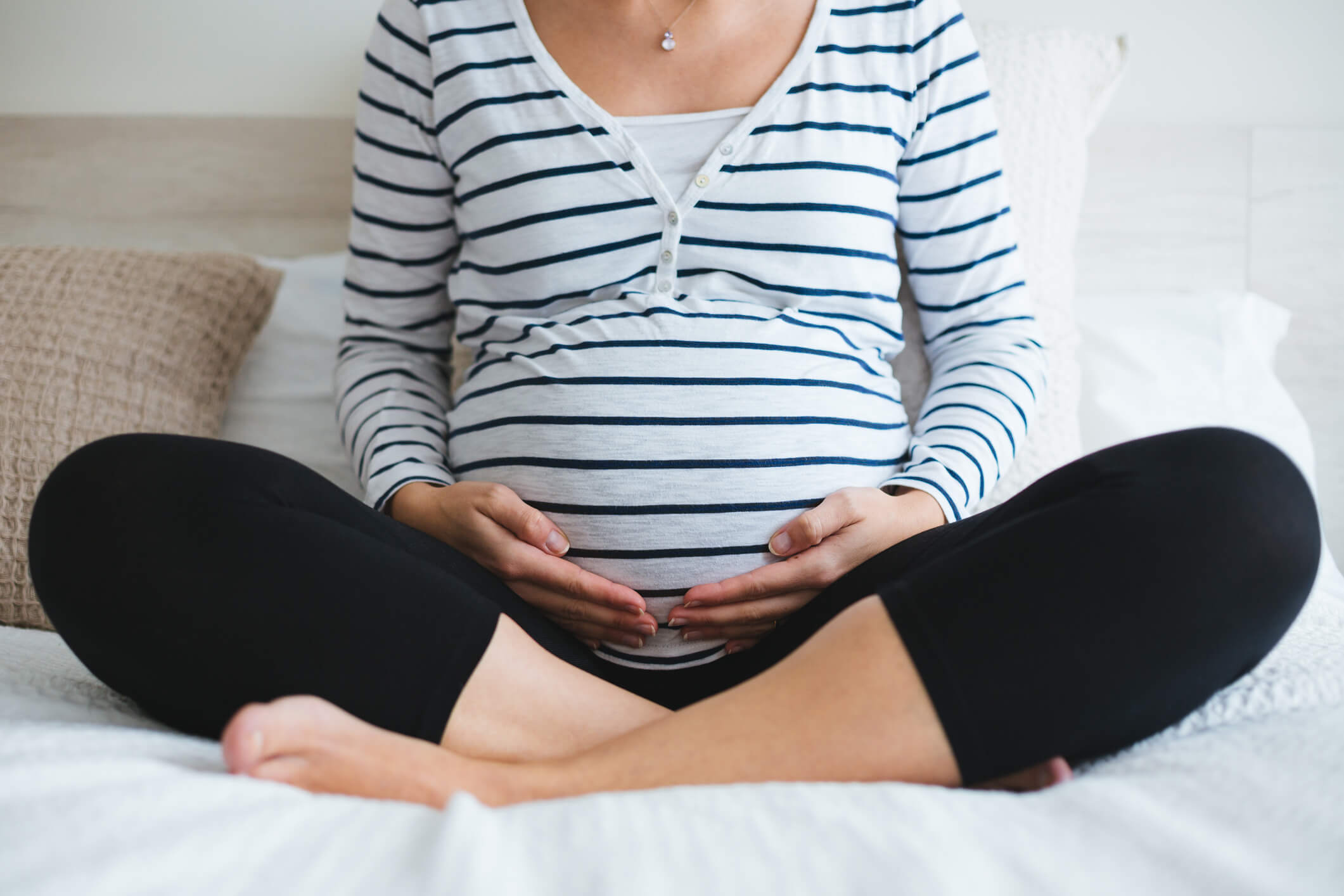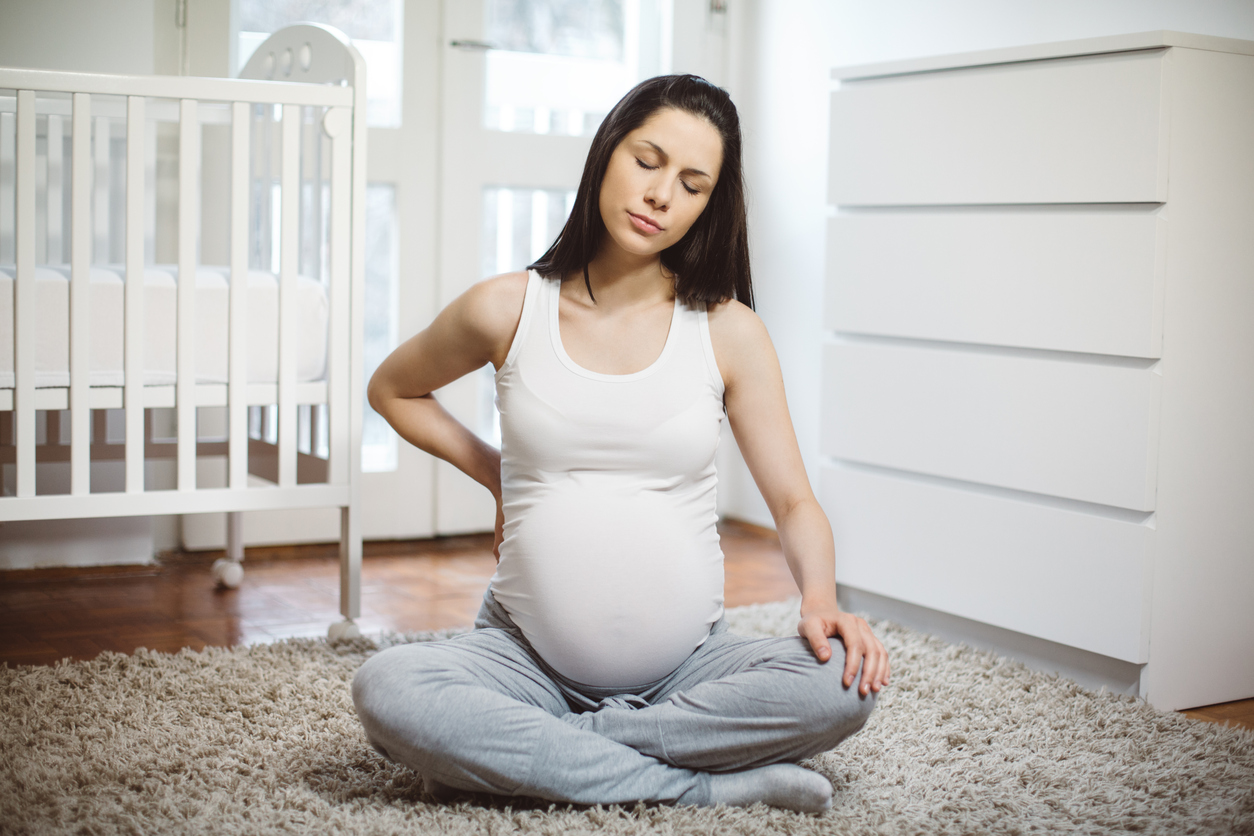-
Staying fit and active is a very positive thing to do while you’re pregnant. The benefits are the same as when you’re not pregnant – it will help you to manage your weight, reduce the risk of chronic illnesses, give you more energy and improve your mental wellbeing. But, being pregnant, there are even more reasons to exercise – regular exercise will make it easier for you to lose any baby weight after the birth, and could give you extra physical strength and stamina to help you through the labour.
Haven’t been exercising regularly?
Even if you weren’t exercising regularly before you became pregnant, it’s still a good time to start. You’ll just need to take things slowly and gradually increase what you do. Ideally you want to begin with 15-20 minute sessions a day, aiming to build up to 30 minutes a day, most days of the week. Aim for moderate intensity exercise, which shouldn’t be exhausting – a good gauge is to make sure you can carry on a conversation while you are working out.
Already very active?
If you have always exercised regularly and often do high-intensity or vigorous activities, your body will already be conditioned to this level of fitness, and you can usually continue what you’re doing as long as you have discussed it with your doctor first. Pregnancy is not the right time to try and increase the intensity of already challenging workouts. If you are exercising at high intensity or for longer than 45 minutes, be especially careful to stay hydrated and eat enough calories to ensure your blood sugar doesn’t drop.
MORE: Staying hydrated during pregnancy
Which exercises are safe when you're pregnant?
What you can safely do while pregnant depends a lot on how fit and active you were before your pregnancy. The best place to start is with your doctor, to discuss your normal fitness routine and decide what changes, if any, you’ll need to make. For most women with uncomplicated pregnancies, a combination of aerobic and strength-conditioning exercises is recommended and is completely safe.
Most of the exercises you normally do will be fine to continue, but there are a few that come with a caution. If you’re doing resistance exercises, be sure that you’re breathing normally and use low weights with high repetitions. Make sure that you don’t hold your breath while you’re doing it — this can increase your blood pressure. Be careful and use controlled movements when stretching or doing yoga.
As your pregnancy progresses, your body changes – pelvic ligaments will loosen, your centre of gravity will change, and you may find you get out of breath more easily. You will need to adapt your activities accordingly, so involve your doctor or physiotherapist as you move through each stage of your pregnancy.
Exercises to avoid
You’ll need to avoid contact sports where you might get hit, like basketball or judo. Stay away from scuba diving and any altitude sport, as well as any activity that carries the risk of falling. That includes horse riding and skiing. After 16 weeks, be careful about any exercises that involve lying on your back, which can slow the return of blood to your heart. Try and switch to your side or stand instead. And in the later stages of pregnancy, avoid activities that mean you need to change direction or require lots of balance or excessive stretching, like gymnastics. If you’re not sure, ask your doctor.
Tips for safe exercise
- Take care to drink enough water.
- Wear loose-fitting clothing and a supportive bra.
- Don’t exercise in high heat and humidity, especially during the first trimester.
- Warm up before you start and cool down afterward, incorporating some gentle/easy stretching.
- A heart rate monitor can also be helpful — your target heart rate will depend on your fitness level, body mass index and age, but you should be working at less than 75 per cent of your maximum heart rate.
- Don’t exercise to the point of exhaustion – if you’re really tired, don’t push yourself – just rest.
Stop exercising immediately and see your doctor if you experience any of the following symptoms
- Chest pain
- Abdominal pain
- Any bleeding or excessive fluid loss from the vagina
- Calf pain or swelling
- Any unusual changes in your baby’s movement
- Dizziness or presyncope (light-headedness, muscular weakness and blurred vision)
- Shortness of breath before exertion
- Excessive fatigue
- Headache
- Pelvic pain
- Excessive shortness of breath
- Contractions.
Source: betterhealth.vic.gov.au
Pelvic floor exercise
During pregnancy, the weight of your growing baby puts excessive strain on your pelvic floor muscles. When these muscles are weak, it can cause certain problems including incontinence. Performing pelvic floor exercises during and after pregnancy can help avoid future problems.
MORE: How to activate and exercise pelvic floor muscles
When you’re pregnant, always see your doctor to discuss your fitness routine, and if you want further support and advice, a physiotherapist can help you create a personalised training plan. You can claim benefits towards physiotherapist consultations as part of Medibank’s Growing Family Extras cover.
Exercising safely when you're pregnant

Each pregnancy is unique, Medibank recommends all members seek medical advice concerning their individual health, appropriate nutritional and fitness regime, prior to, during and post pregnancy.
-
Avoiding cold and flu during pregnancy
During pregnancy, women are at an increased risk of experiencing complications from the flu. Make sure you understand what steps you can take to help keep you and your baby healthy.
-
Choosing childcare that fits your family
Here’s what you need to know when choosing childcare
-
How to avoid 'dad bod'
How to keep fit and healthy with a new baby in the house
-
Expecting a baby during COVID-19
We address some common questions you may have.
-
How your extras can help during pregnancy
Use your cover to stay healthy
-
Pregnancy self-care essentials
Obstetrician Dr Chris Russell shares some advice.
Subscribe to receive the best from Live Better every week. Healthy recipes, exercise tips and activities, offers and promotions – everything to help you eat, move and feel better.
By clicking sign up I understand and agree to Medibank's privacy policy





